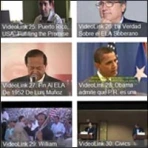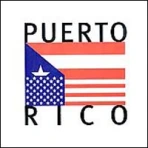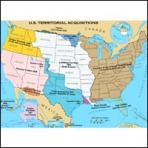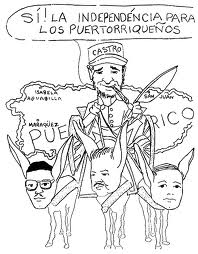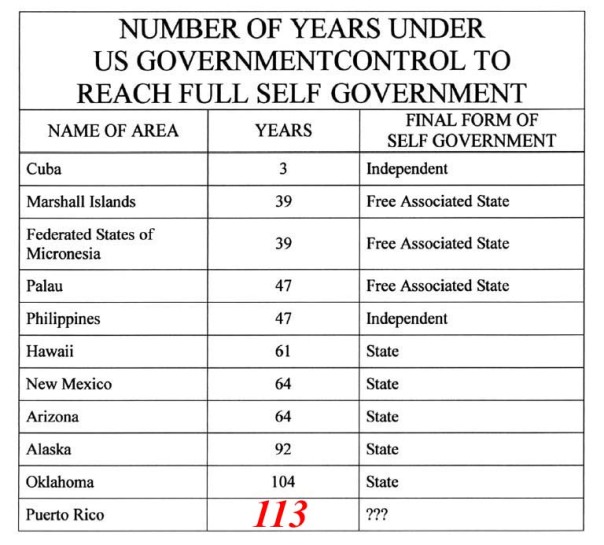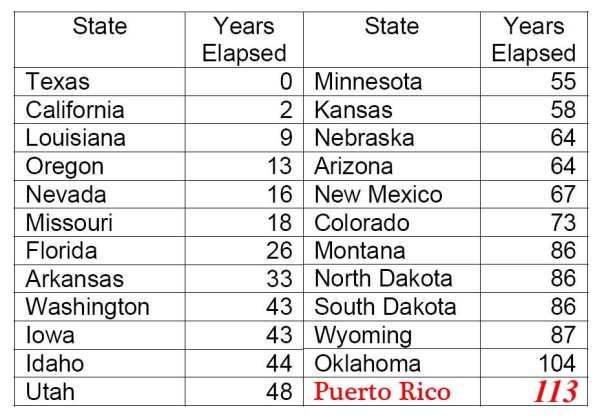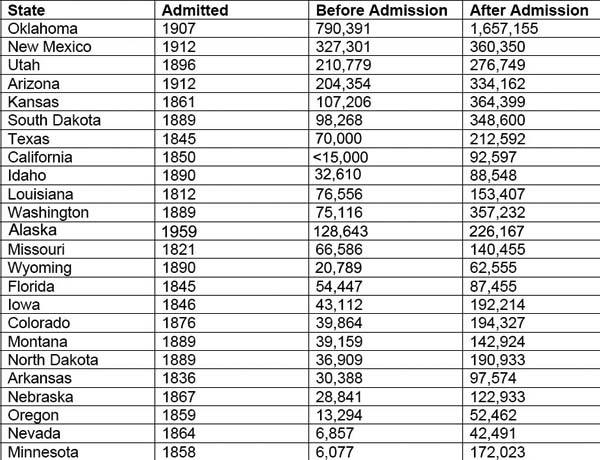–
–
–
–
–
SIGN UP, READ THE ENTRIES, LET US KNOW WHAT YOU THINK!
_______________________________________________________________________________________________________
Three-Way Fight: Statehood vs. Independence vs. … Independence?
—
How Puerto Rico’s Plebiscite Unfairly Opens the Back Door to an Unwanted Status
–
The latest status plebiscite in Puerto Rico will be held on Election Day (November 6, 2012). On that day, the people of the American territory will be asked to vote “yes,” or “no” on whether to keep the current territorial “Commonwealth” status. A “yes” vote would perpetuate the current unequal, colonial status; a “no” vote would reject, but would not end, the colonial “Commonwealth” status per se. To do that, the voters will have to answer a second question on the same ballot: which sovereign option do you want?—statehood, independence, or … independence!
Yes, the “independence” option appears twice. Why?
First, let us ask a different question: what is the purpose of all these plebiscites we all hear about?
The answer: to terminate a territorial status that very few in Puerto Rico believe in, and to achieve sovereignty for the people of the island. “Sovereignty,” as such, is the power of a people to make decisions about its own political future without the interference of outsiders. Sounds like “independence,” huh? Well, the American system operates under a sovereignty model we call federalism. In federalism, the people of a sovereign “state” (in this case an American state and not an independent nation-state) agrees to delegate a degree of its own sovereign powers to the federal government so that through the collective delegation of 50 sovereigns ALL members of the union can maximize their own fortunes in an equal union of different peoples—politically and economically. The states and their respective peoples retain all sovereign powers NOT delegated to the federal government, and the other states in the union are not seen as “outsiders” by each other but as partners—family!
Sovereignty for Puerto Rico, then, comes in two flavors under American and international law: full annexation through American statehood, or full disintegration through international independence.
What are other forms of sovereignty? [CLICK TO READ MORE]
–
–
–
–
_______________________________________________________________________________________________________
–
–
–

